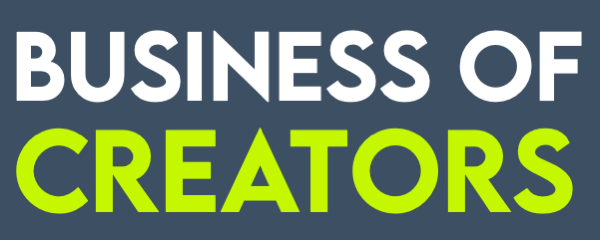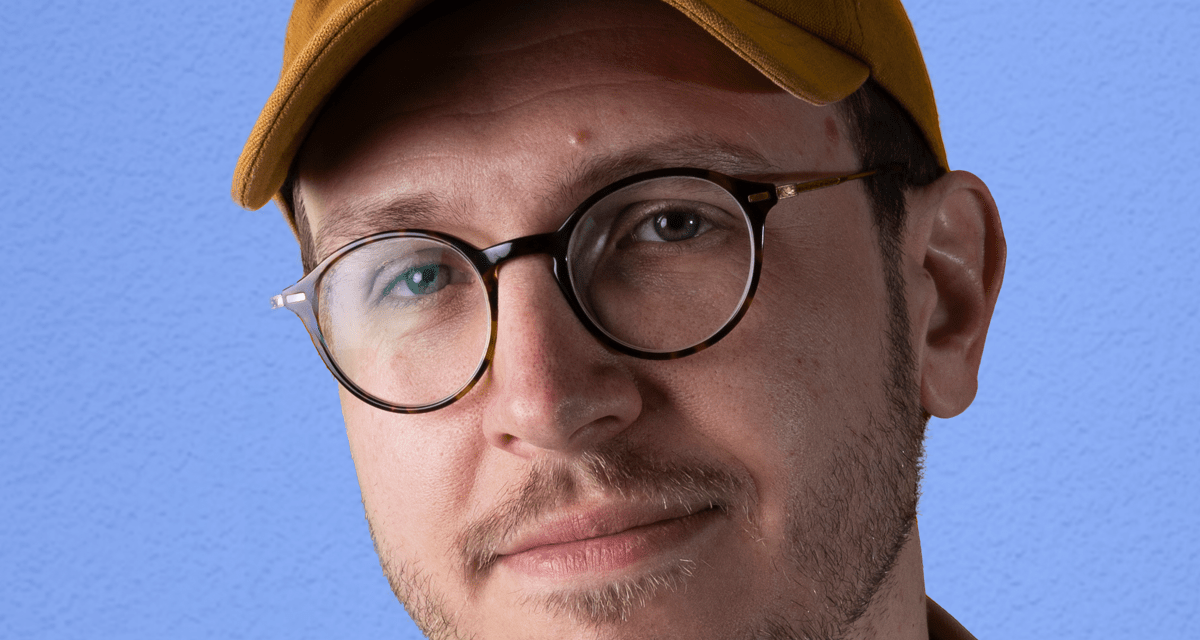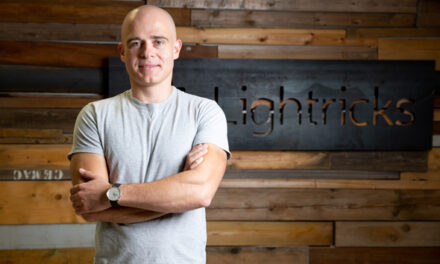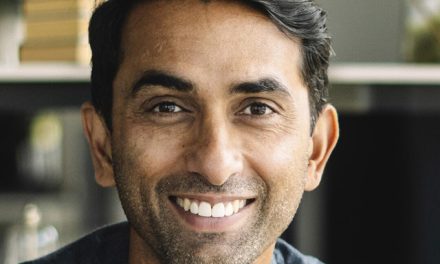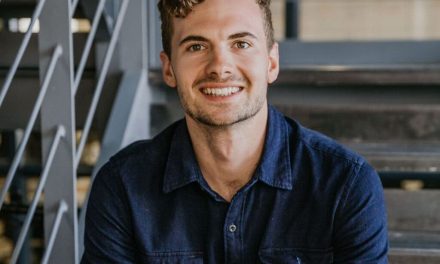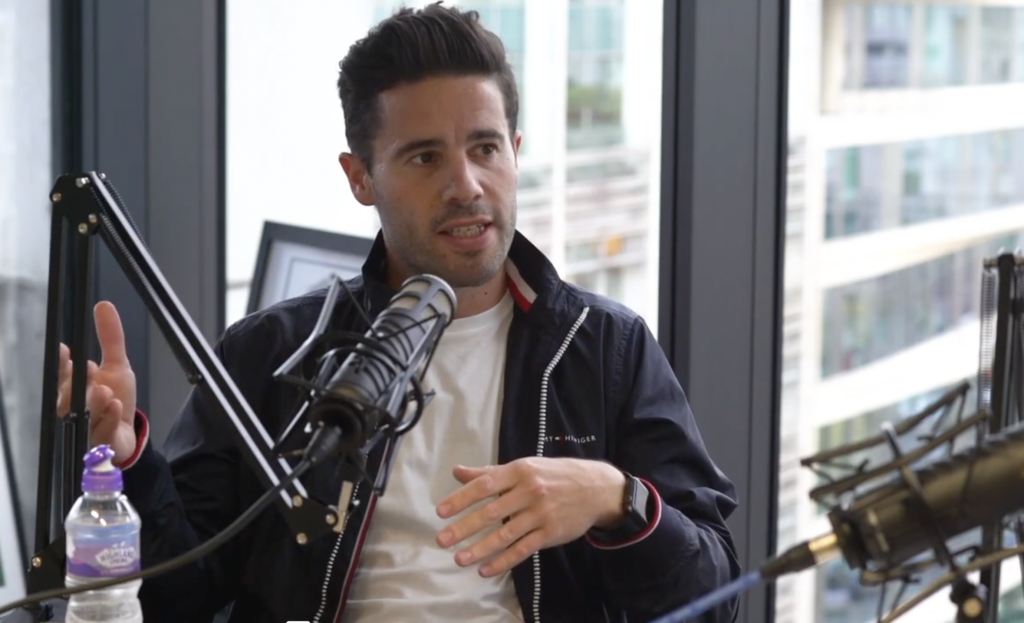Charles Haynes explains why the best creator businesses aren’t chasing views — they’re building trust, solving problems, and launching smart, sustainable products.
What do woodworking, miniatures, and croissants have in common? In the hands of Charles Haynes, they’re the foundation of a new kind of creator economy — one that goes beyond AdSense and brand deals to build real businesses.
As the founder and managing director of Ziggurat XYZ, Haynes has quietly built one of the most respected management companies in the creator space, representing niche YouTubers with deep audience engagement and even deeper subject matter expertise. His firm isn’t chasing clout. It’s engineering long-term careers — and often, consumer product lines that rival traditional brands in sales and quality.
In this interview, Haynes breaks down why engagement trumps virality, how to assess product-market fit for creators, and what makes a niche creator truly scalable.
This conversation is part of the Creator Commerce series Brought to You by .store Domains
Launching a product line? Start with a .store domain — the go-to web address for creators selling online. Top names like MrBeast, Dude Perfect, and Colin & Samir trust .store to build sleek, memorable URLs like YourName.store that drive traffic and sales. Get yours today at go.store/boc4.
The Lightbulb Moment: “Minecraft to Gardening”
Haynes’s journey started not in a boardroom but on YouTube — watching his own tastes evolve.
“I was watching less Minecraft videos and more gardening and woodworking. I realized I wasn’t the only one growing up and getting into new hobbies.”
That observation sparked the founding thesis behind Ziggurat: the creator economy was maturing, but the industry hadn’t caught up. Haynes saw a gap: skilled, passionate creators with real knowledge were attracting sizable — if not massive — audiences, but didn’t have the tools or guidance to turn that attention into sustainable careers.
Rather than managing big-name influencers chasing trends, Ziggurat would focus on creators with long-term potential and real expertise — the ones whose audiences showed up not just to be entertained, but to learn something.
From Agents to Managers: A Different Kind of Support
Ziggurat doesn’t operate like a traditional talent agency. Haynes prefers the term “manager” — not just because it sounds more personal, but because their approach is fundamentally relationship-first.
“We’re like your mum, but we actually understand what 20,000 views on a video means,” he jokes.
Ziggurat’s services are built around two pillars:
- Audience growth
- Revenue diversification
That could mean brand partnerships and algorithmic growth strategies — but more often, it means helping creators launch products, develop courses, or run live events. Whatever it takes to reduce risk, increase income, and build something enduring.
The Product Test: How to Know If a Creator Is Ready
So how do you know if a creator is ready to launch a product?
“If a creator can’t convert their audience to an ad or a live event, a product isn’t going to fix that,” Haynes says.
Instead, he looks for a few key indicators:
- Strong vision and POV — not creators asking, “What kind of channel should I have?”
- Deep engagement — not just millions of passive views
- Audience trust and consistency — especially on platforms like YouTube, where community runs deeper than TikTok virality
Creators with faceless or ultra-broad channels? Harder to launch meaningful products. But a miniature painter with 150,000 engaged fans? That could be a million-dollar business.
Case Studies: How Niche Creators Built Seven-Figure Product Lines
🎨 Squidmar Miniatures (Miniature painting)
- Audience: 100–200k avg views/video
- Product: Premium brushes and busts, custom airbrushes
- Revenue: ~$1M+ Kickstarter + strong DTC sales
Emil of Squidmar didn’t just capitalize on a trend — he solved a problem he experienced as a hobbyist. His brushes and busts were designed with the quality and usability he wished existed in the market.
“He bootstrapped the whole thing himself. We got involved only after he’d already pulled off a huge success,” Haynes notes.
☕ James Hoffmann (Coffee education)
- Audience: 200k–500k avg views/video
- Product: Limited-run “tens hundreds thousands” line (coffee accessories, prints, dice)
- Key differentiator: Obsessive attention to quality and curation
Hoffmann’s products aren’t merch — they’re extensions of his ethos. His coffee posters and accessories blend function, cultural curation, and aesthetic artistry. That’s the Ziggurat framework for product success.
The Ziggurat Product Framework
Haynes and his team use a three-part model to assess product opportunities:
- Function – Solving a real problem in a better or more thoughtful way
- Curation – Bringing together ideas, items, or knowledge in a unique configuration
- Artistry – Creating something beautiful, emotionally resonant, or meaningful
Most successful creator products hit at least one — great ones hit two or all three.
“We differentiate between merch and product. Merch is about the creator’s face. Product is about the creator’s expertise.”
Pricing, Fulfillment, and the Ugly Truth About Customer Service
Haynes says creators often underprice out of guilt or fear. But most audiences — especially in niches — are happy to pay a premium for something thoughtful and well-made.
“If people give $5 on Patreon just to support you, why wouldn’t they pay more for a product they actually want?”
As for fulfillment and operations, creators often learn the hard way. From international tax regulations to customer service tickets, even a simple t-shirt can become a logistical nightmare if not planned correctly.
That’s why Ziggurat advises starting small — often with:
- Pre-orders or Kickstarter-style launches to test demand
- Digital products or 3D files to reduce complexity
- Partnerships with logistics pros (like Katz Moses for woodworking)
Marketing Strategy: Why One Mention Isn’t Enough
One of the biggest myths in creator commerce is that a single video can make a product go viral.
“There’s this bias that unless it sells out on Day 1, it’s a failure. That’s just not true,” Haynes explains.
Great product marketing is:
- Ongoing
- Integrated into content naturally
- Platform-specific (e.g., use Stories and Community posts for updates, not every YouTube video)
Creators like Alex French Guy Cooking and James Hoffmann excel at this — building slow, consistent demand over time with organic mentions that feel like part of the story, not interruptions.
Common Mistakes Creators Make
Haynes sees the same missteps again and again:
- Copycat thinking – “That product worked for them, so it’ll work for me.”
- Undervaluing pricing – Fearing backlash from a single comment
- Overestimating their creative range – Not every creator is a product designer
That’s why Ziggurat hires illustrators, designers, and product developers — to help creators see what’s possible.
“Once we have visuals, that’s when creators really get excited. Until then, it’s just abstract.”
The Future of Creator Products
So what’s next? Haynes sees product development growing in fits and starts — often driven by FOMO, not strategy.
Still, the long-term trend is clear: creators can’t rely on brand deals forever.
“Every creator can’t be Surfshark’s next spokesperson. That model only works for a few. But a great product? That’s your own thing. It can 4x your income without needing anyone else’s approval.”
And as for platforms like TikTok Shop or YouTube Shopping?
“They work for some genres, but it’s not a silver bullet. True product success still comes down to audience fit, quality, and execution.”
Final Thought: It’s Going to Be More Fun Than You Think
When asked what he’d tell himself on Day 1 of Ziggurat, Haynes didn’t hesitate:
“It’s going to be a lot more fun than you think it’s going to be.”
And in a creator economy often obsessed with growth hacks and monetization tricks, that might be the most important lesson of all — focus on craft, solve real problems, and the business will follow.
